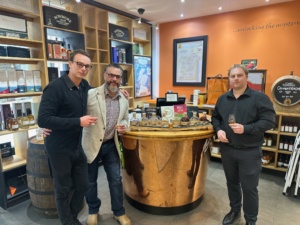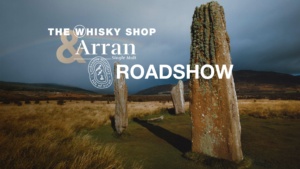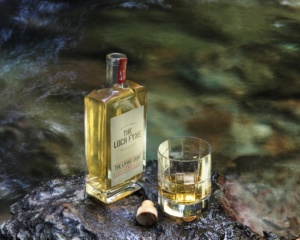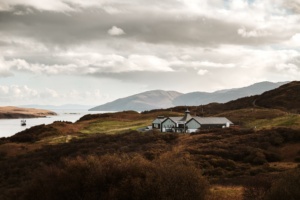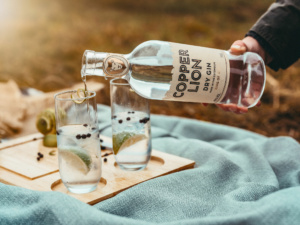Mystery Maker
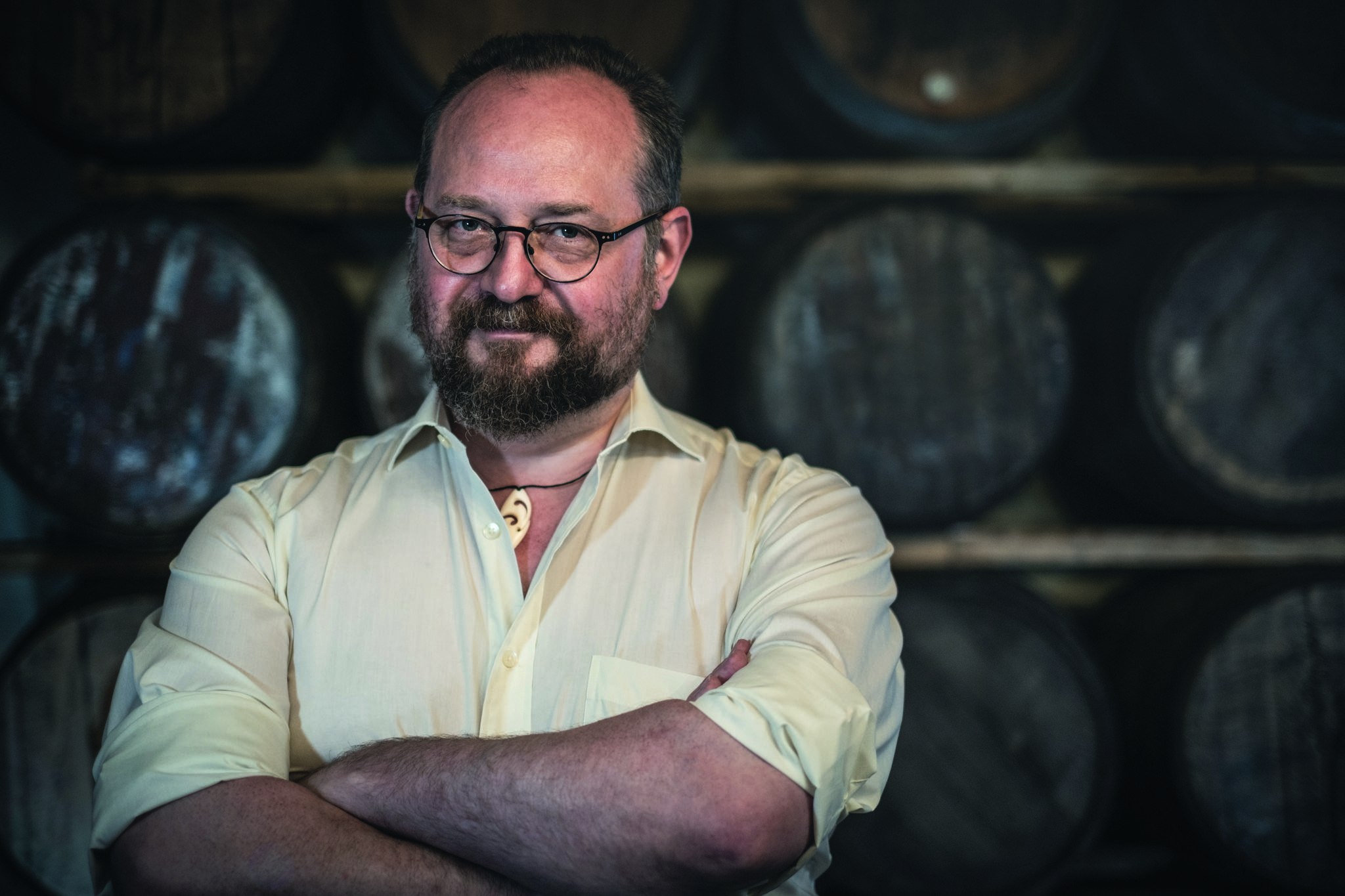
The Glenfiddich 18 Year Old, a customer favourite at TWS, features in your new novel in a rather prominent way. Is this your death-row dram?
I've resisted giving my characters my personal likes and tastes. In this case, I do like the Glenfiddich, it's a lovely, lovely dram. One of my famous whisky stories was when Detective Logan McRae is given a dram by an Aberdeen crime lord who gifts him an unusual bottle. When Logan gets back to his house, he checks the price is over 3000 quid, and that he's just been unwittingly bribed! I like putting some whisky in my stories because one, I like whisky, and two, you don't get much more Scottish than whisky. You can say, "oh, what about haggis?" No! It's not much of a national dish - most of us will only touch haggis once a year if forced. Whisky, on the other hand? Oh, yes!
Whisky is part of being Scottish, it's like being thrawn: it runs all the way through me. But not when I'm driving.
What is your death-row dram?
Oh, the Glenfiddich 1937 Rare Collection.
Do you have a dram of choice at the moment?
My favourite would have to be something by The Balvenie which I just adore. The 14 Year Old Caribbean Cask - it's like a really good whisky shacked up with the finest of brandies, and they both went to the Caribbean and had the most beautiful baby. We had to stop ourselves buying it because we ended up having about three or four bottles in a row.
Have you gone to many Speyside distilleries, and if so, do you have a favourite?
We've been to The Macallan, Bowmore, Talisker, Islay, but strangely not many from nearby where we live. We've got distilleries aplenty in the area, but we've only been to one of them which is really weird. I'm extremely fond of the Glen Garioch Founders Reserve, and we used to live next to the distillery. And still, we never went! It's strange how much more you do when exploring a new area, that you would never do when it's in your own back garden!
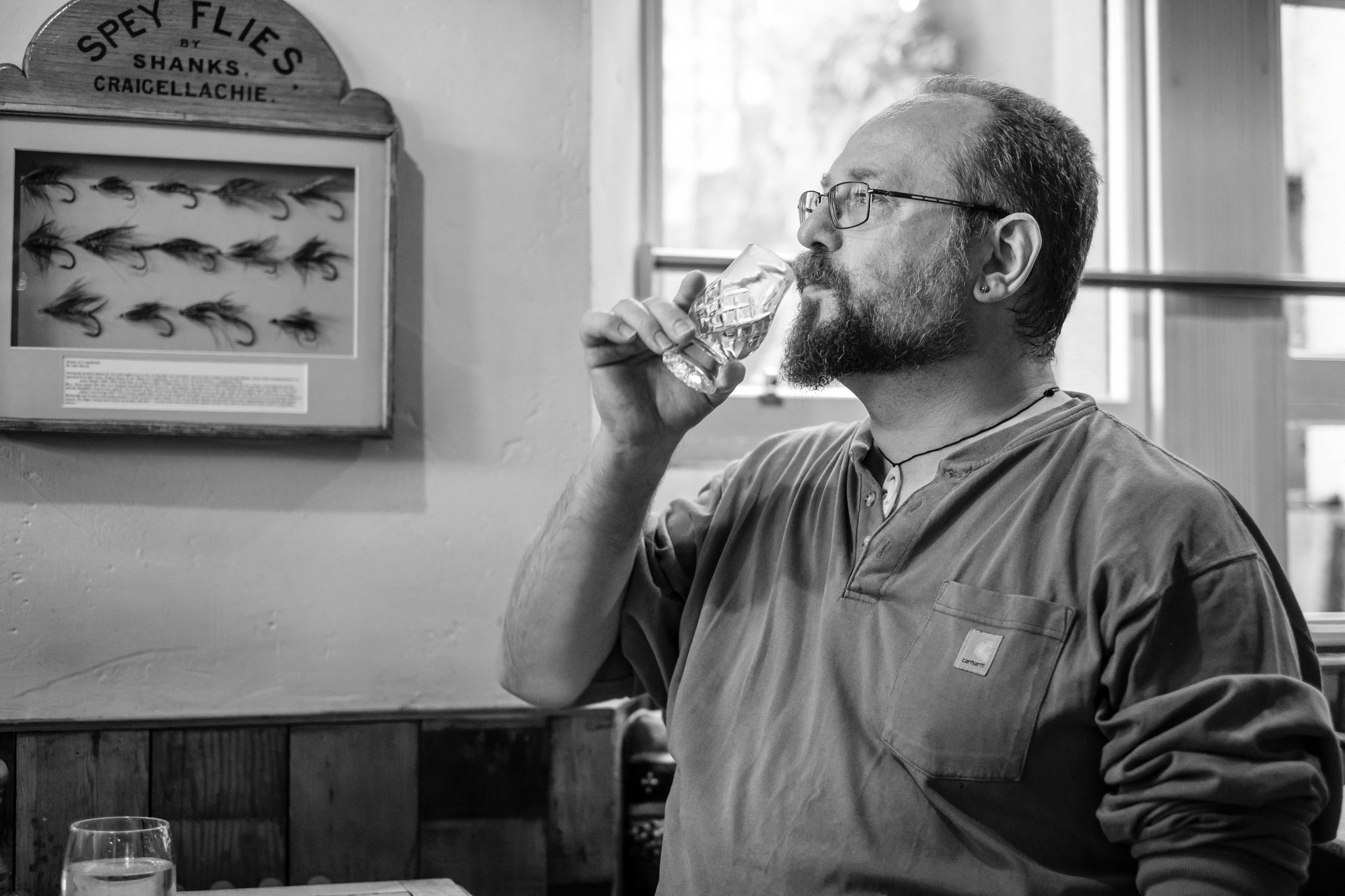
What is it about Scotland that lends itself to being such a hotbed for wonderful crime fiction writers?
I think crime fiction is baked into Scotland. I also think a lot of it is related to the way that we as Scottish people are. If you cut a Scottish person in half you will see the word thrawn all the way through. We do not like authority; we do not like being told to do. And that is reflected very strongly in our crime fiction. Most of our detectives are not there to be the hero that saves the day, they will go to catch the killer because they've been told they can't. Rebus is like that. Hamish Macbeth is like that. If you look at Sherlock Holmes, he's thrawn as hell!
How and why has Aberdeen become the setting for your most popular novels?
I was still planning Cold Granite when I interviewed Ian Rankin for a website that I was working for, and when I was talking to him at that point, you could only write Scottish crime fiction about the central belt or a remote island village. Aberdeen is where I live, so I was thinking I should maybe set in Aberdeen and Ian said, "well, yeah!" But the whole point in setting it in Aberdeen is that I can look at things through an Aberdeen lens because I have lived there since I was two years old. It's in my bones, and it also means I can make fun of it. You can make fun of your hometown; you cannot make fun of somebody else's. That is how you get lynched.
How did you become a writer?
I became a writer by accident. I had a couple of friends at the time who were writing fantasy novels for a hobby, and they said it was fun. So I had a bash and I loved it, even though the book I produced was absolute mince. People think when we write crime fiction, we are playing detective, but really we're playing God. We decide who lives, who dies, what happened, everything. It's probably the only part of my life that I have complete control over. Nobody can make anything happen without your say so, and that is intoxicating.
Did the adjustment to working-from-home come quite naturally to you, as a writer?
I've worked from home now for nearly 17 years, but I actually found it quite difficult. Lockdown made me realise how much I depend on being able to leave the house. A lot of us during lockdown discovered that if you're just stuck in the house, it is nowhere near as exciting as it may first appear. What really made life worthwhile to me was that the opportunity to drive up to the coast and buy fish in Buckie or go out for lunch with friends in Aberdeen to a nice restaurant, even just to be more than five miles from the house.
We're very lucky we live in the middle of nowhere. But that whole thing of not being allowed to go anywhere? You cannot escape that. It's like light crime fiction. It can be as dark as you like, but you need light bits somewhere in the book.
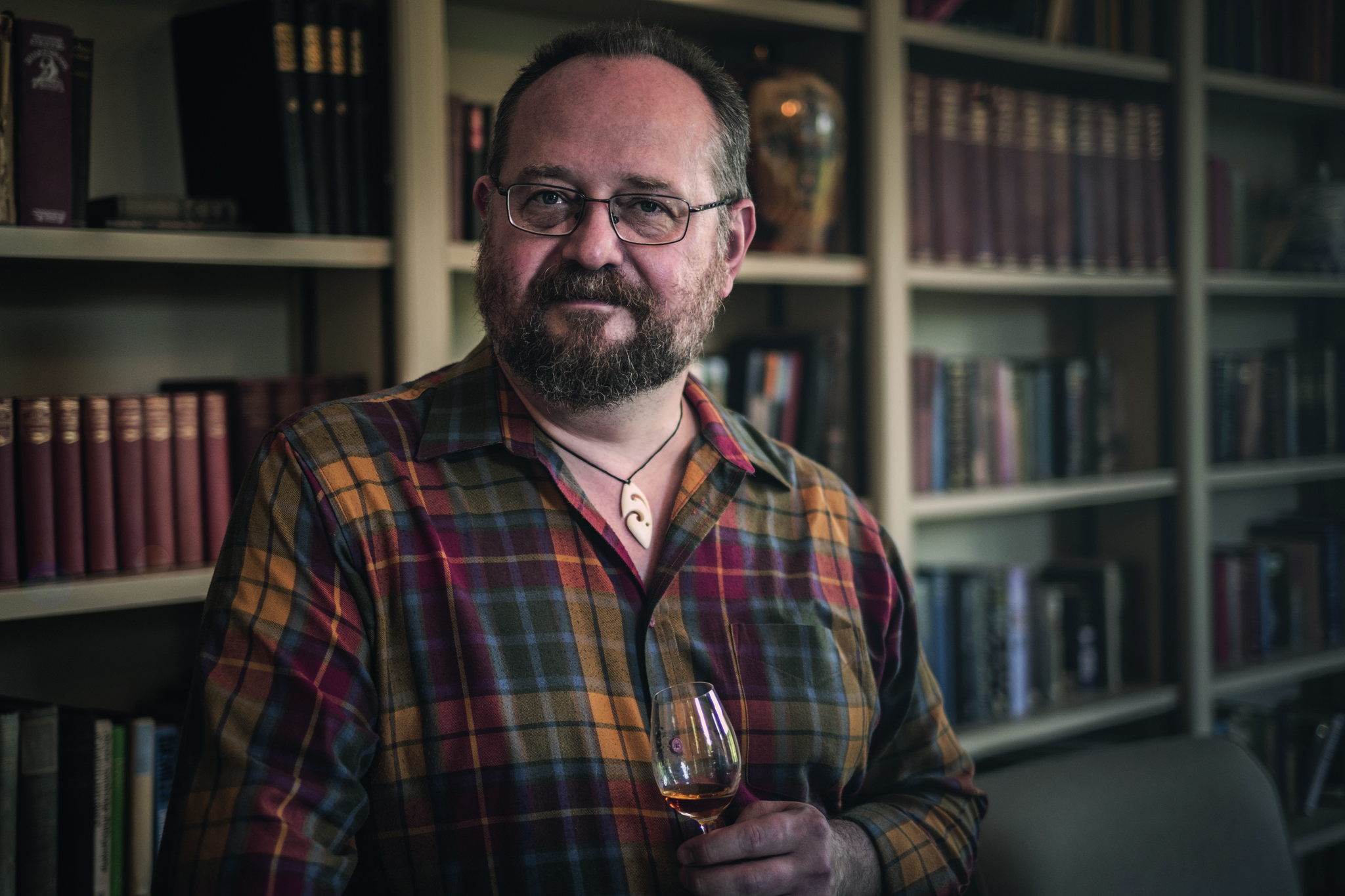
Have the last two years affected the way that you tell stories?
The first thing I did when it came to writing my new novel was ask my wife, Fiona, what should I do? Would you like me to write a COVID based novel? And her response was "No, and under no circumstances do I want to read about COVID. We're living with it. Do something that's escapist." There's a theme going through the novel about what happened in society through COVID, but it's done without actually focusing on COVID itself. There's definitely a sort of osmosis that happens when I write, I don't like to stick rigidly to a plan, so if something bad happens in the news, I will quite often react to that in the next scene. I might not reference them directly, but that feeling will come into the book.
What does the crime fiction tell us about society?
It can be both a mirror and an escape. It can show us what's happening but take us beyond that. It's a bit like the Alice in Wonderland thing. You can actually step through the looking glass and see the mechanics behind it. Why people are they way they are and why they do things that they do. And that's the thing that crime fiction gives us that real life doesn't. Within crime fiction, we want to know why something is happening. Whereas in real life we often don't get to know, and no one will ever know why.
Have you always had a fascination with crime?
Always. Ever since I was a little boy, since the first books I ever took out the school library. I was one of those cliché kids who would read under the bedcovers at night after I'd been told to go to bed. I would read the whole book, take it back to the school library, and get the next one the next day. The weekends were long because you weren't allowed to take out books over the weekend. There's nothing quite like blazing your way through a whole shelf of books.
What is your ideal reading experience? In terms of setting, time, and company?
I read mostly at home. I set a reading pillow on my chest, and I balance a book on top of it, and then, hopefully, a cat will come in at some point, snuggle down and fall asleep. That is bliss. The books I've enjoyed the most have been in my study on my couch with our cat, Grendel, sleeping. For me, nothing could be better.
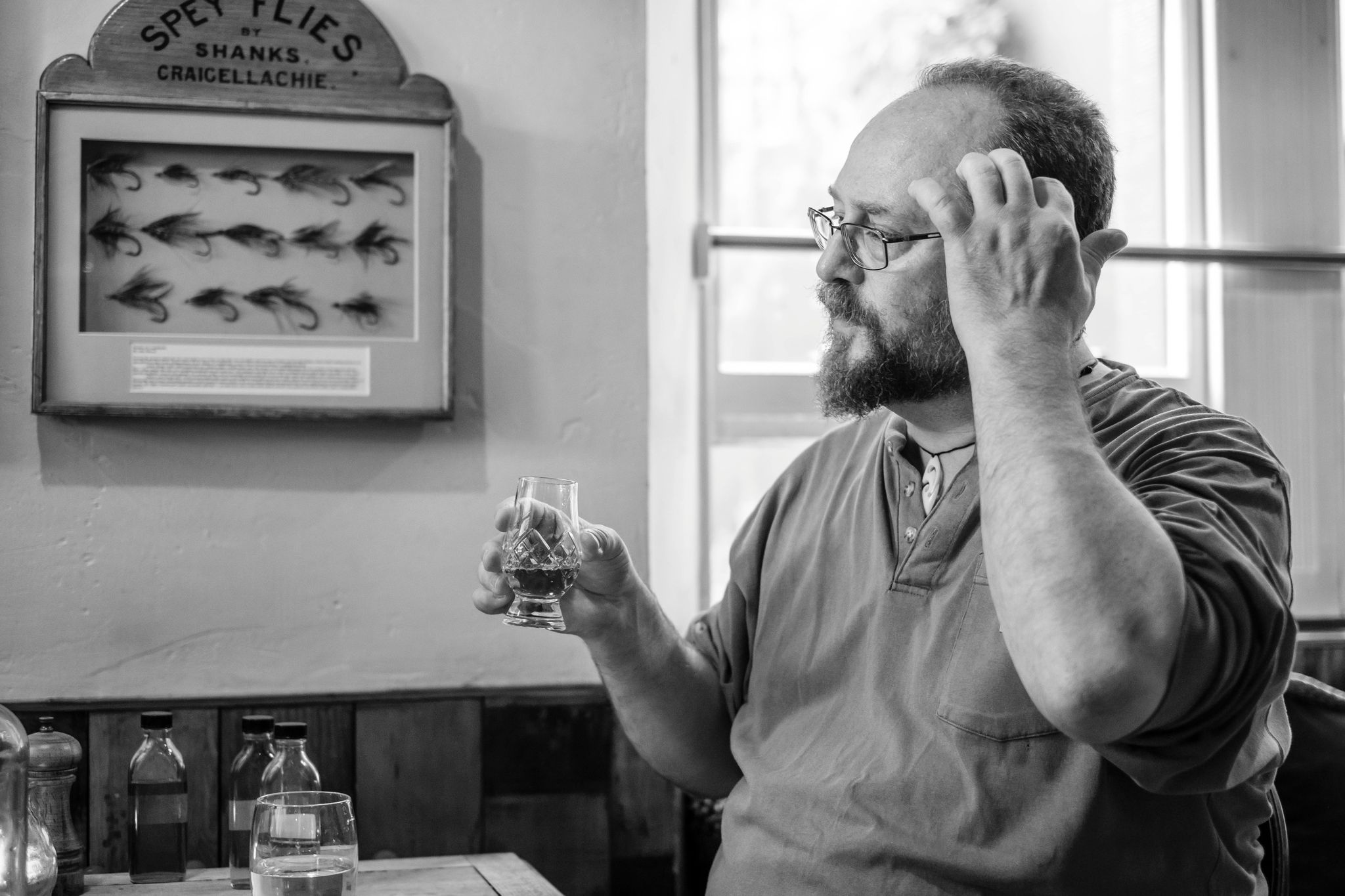
Do you have any tips for aspiring writers?
Never listen to writing advice from anybody whose writing you don't enjoy. So many people will tell you what you can and can't do in terms of writing - if you don't like what they write, pay no attention to them whatsoever. But there are not ten rules or 100 rules to writing, there is one: don't be boring.
Is there anything you avoid doing when writing a book?
It very much depends on the stage of writing I am in. Once I start to get into the rhythm and pattern of a writer's language, I will start to speak in that kind of way. I have to be very careful, because this chapter will be in one tone, the second chapter a different tone, the whole thing just becomes this mishmash of horror. Part of it is being empathic as well, I always think that being a writer is very much like being an actor. You have to inhabit the character to make them come alive. That's you job to make these people that don't exist appear to be real people.
What subjects do you wish more writers would write about?
I think things that matter to you. There is definitely a chunk of crime fiction that chases market trends, and some of those people are very successful. And there is a chunk of crime fiction that go after things that really interest the authors. Those are the books I much prefer to read.
What are the current trends you see right now in crime fiction?
Currently we've just come over the cusp of domestic noir and household mystery stuff. Things where people in a relationship suddenly discover that the husband, boyfriend, wife is in fact a manipulative horror. That sense of domestic noir has been around for quite a long time and we're just coming off the wave of that.
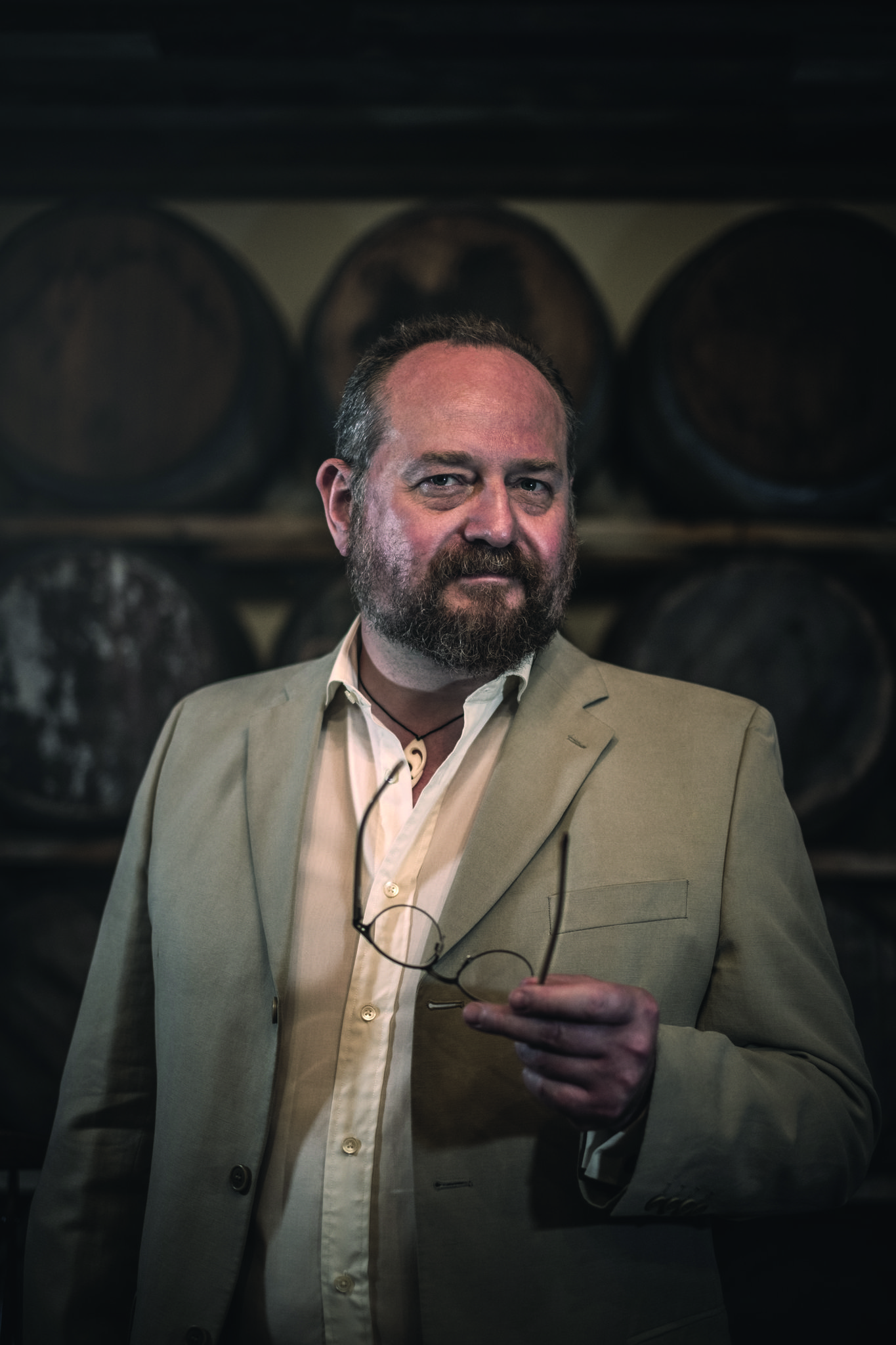
Could you give us a quick synopsis of your new book. No Less The Devil?
Operation Maypole have been hunting the blacksmith for 17 months and they are no nearer to catching him. The media are baying for blood and the top brass are not happy at all. So now really isn't the time for Sergeant Lucy McVey to get distracted.
When he was an 11-year-old boy, Benedict Strachan hunted down and murdered a homeless person in a vicious attack. Nobody knows why. He's now out of prison with a drug habit, and he is obsessed with the notion that some sort of shadowy, "they" are out to get him. The trouble for Lucy is figuring out whether he's not paranoid at all. What if there is a cabal of people who run the world for their benefit and against ours? And what's going to happen if Lucy McVey goes up against these people? And then that's all I can tell you, because this is one of these books that it would be almost too easy to spoil it, just so I can guarantee you that what you think is going to happen is not what's going to happen.
Much like your favourite dram, what is it that keeps your readers coming back to a specific character or favourite detective?
I think with good crime fiction, readers really invest in the character. It's not like it's not sitting there in front of you, where everything is done for you, and it's presented. Readers are hugely invested in the characters they read. Once you have done that for one or two books, that means you've got a series character. And every single book invests more in that character until they've become like real people. We've been telling ourselves these stories ever since we were in caves: talking about the tribe over the hill, the monsters out there, the sabre-toothed tigers, the bears, the wolves, the lions, these are the tales that we have told ourselves.
Do you see whisky and reading as a natural pair?
More so than whisky and writing. Whisky and writing are very good, but I can advise that you can tell when to stop doing both by counting how many fingers you're using to type. I will start off with ten and eventually it will become eight, and then there will be six, and then it will be two fingers and one thumb. That is when you have to stop at least one of the pursuits! Then you come back to it tomorrow once you have more fingers.
If you cold share a dram with any of the characters in your new book, who would it be and why?
The person I would really like to have it with would be The Dunc, Lucy McVey's sidekick and a rampaging socialist. It would be great to have a really, really expensive dram with someone that would be averse to buying a truly incredible dram, just to mess with him.
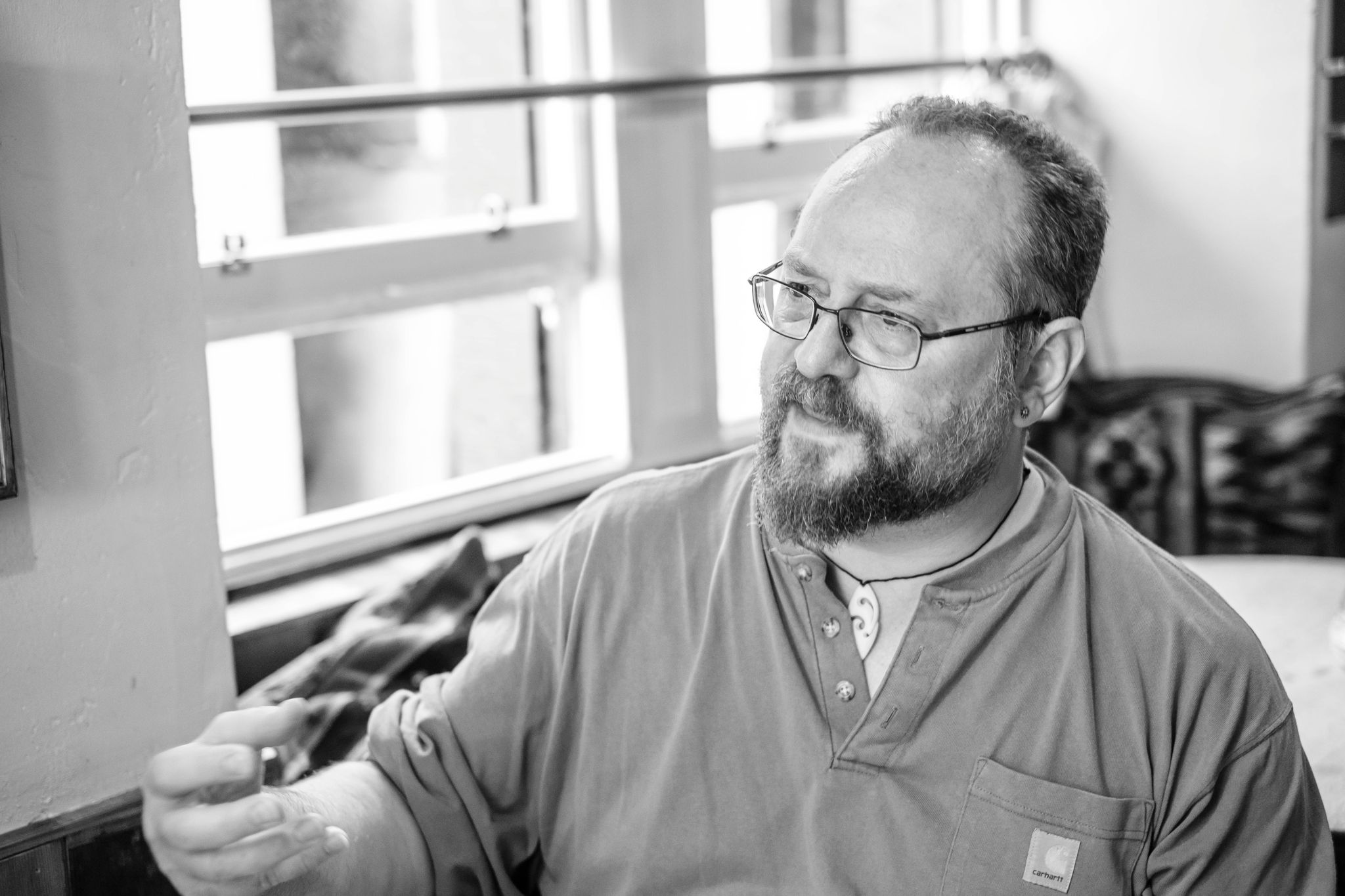
Do you have any toasts for our readers?
My usual toast is l'chaim. It's the Yiddish "To life." I have no idea why, it's not part of my heritage, but I like the thought of the simplicity of toasting "to life." You only get one, after all.
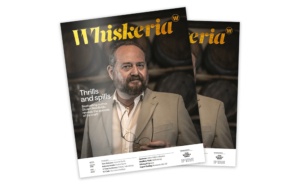
The original feature is from the Autumn 2022 edition of Whiskeria, delivered to the door of W Club subscribers and also free with any Whisky Shop purchase in store or online.
 4.7/5 with 10,000+ reviews
4.7/5 with 10,000+ reviews
